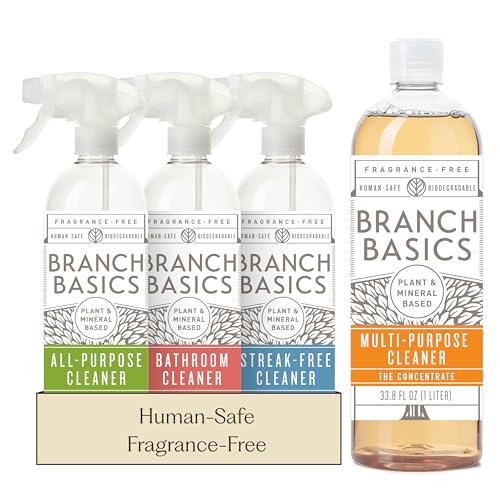


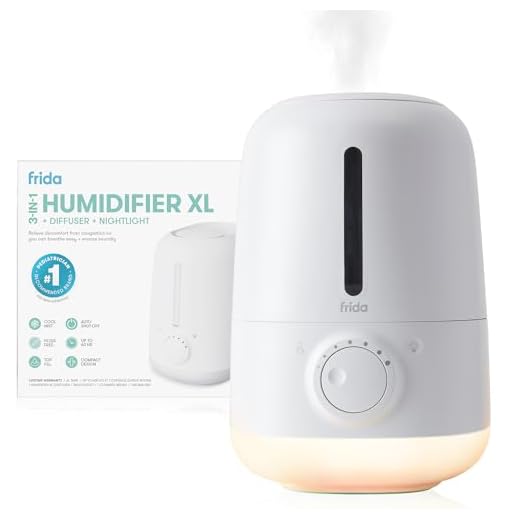
Experiencing a series of sudden exhalations? It’s not always a cause for concern. Allergies, dust, or even a playful chase can trigger such reactions. If you’re noticing this frequently, consider evaluating the environment for irritants.
Check for potential allergens like pollen, mold, or certain household cleaners. A simple change in cleaning products or using an air purifier can make a significant difference. If the symptoms persist, a visit to the vet may be necessary to rule out any underlying health issues.
Sometimes, a little curiosity leads to inhaling unexpected particles, so playtime should be monitored. Keeping toys and bedding clean helps reduce irritants that may cause discomfort. Your furry friend’s well-being is paramount, and small adjustments can enhance their comfort and happiness.
Common Allergens That Trigger Sneezing in Cats
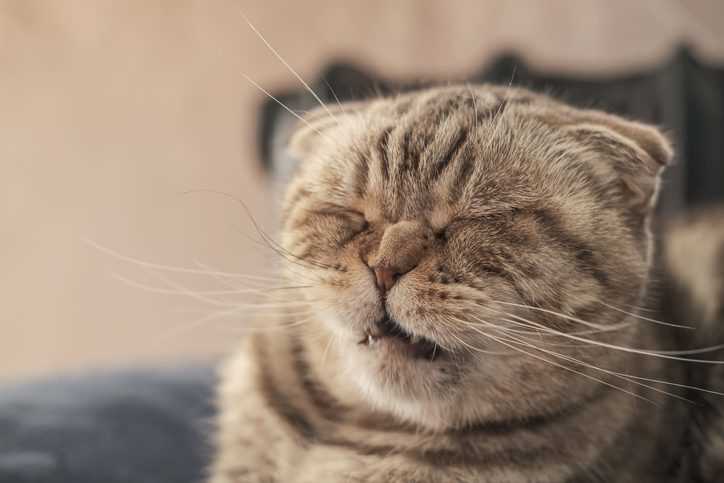
Dust mites are a frequent source of irritation. They thrive in bedding and carpets, leading to discomfort.
Pollen from trees, grasses, and weeds can provoke reactions, especially during peak seasons. Keeping windows closed can help reduce exposure.
Mold spores are another concern. They flourish in damp areas, so maintaining a dry environment is beneficial.
Household cleaning products often contain harsh chemicals. Opting for natural or fragrance-free alternatives can minimize adverse effects.
Certain foods might cause sensitivities. Monitoring dietary changes and consulting a vet can help identify potential triggers.
Fleas are not just a nuisance; they can also induce allergic responses. Regular grooming and flea control measures are essential.
Perfumes and scented candles can be overwhelming. Limiting their use in shared spaces can create a more comfortable atmosphere.
Humidity levels play a role too. Using a dehumidifier may alleviate some allergic reactions linked to environmental factors.
When Sneezing Indicates a Health Concern
If frequent nose blowing occurs, it may signal underlying issues. Conditions such as respiratory infections, nasal polyps, or dental problems can lead to persistent discomfort. Observing other symptoms is crucial; lethargy, loss of appetite, or nasal discharge warrant immediate veterinary attention.
Identifying Serious Symptoms
Pay attention to signs like difficulty breathing, coughing, or unusual sounds while inhaling or exhaling. These may indicate more severe respiratory conditions. If any of these symptoms accompany regular nasal emissions, a trip to the vet is advisable.
Environmental Factors
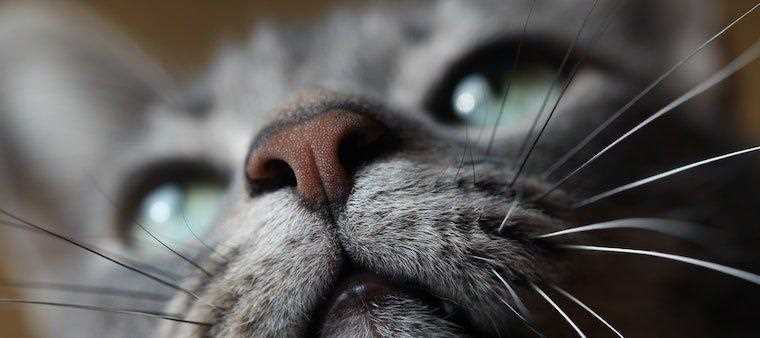
Consider surroundings as well. Exposure to smoke, strong scents, or pollutants can exacerbate irritation. Keeping the home environment clean and free from allergens is beneficial. If you’re curious about dietary concerns, check out is it safe for cats to eat moths for more information.
Overall, staying observant and proactive about health can prevent minor issues from becoming serious. Regular check-ups with a veterinarian are also recommended to ensure ongoing well-being.
Home Remedies and Treatments for Sneezing Felines
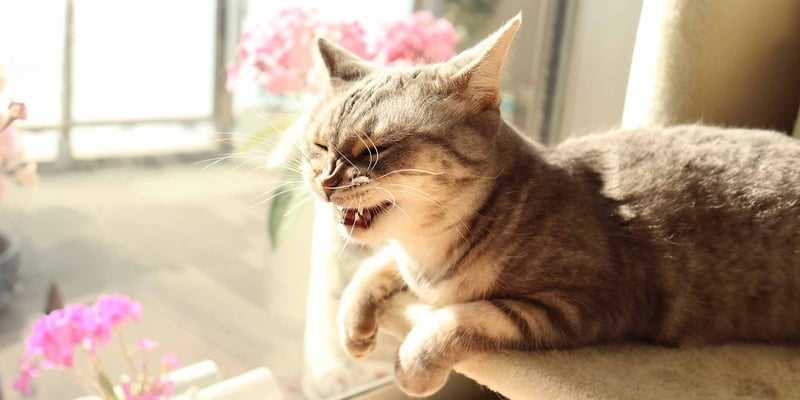
One effective approach is to use a humidifier in the room. Moist air helps soothe irritated nasal passages. Ensure your space remains comfortably humid, as dry air can exacerbate discomfort.
Saline Nasal Drops
Saline nasal drops can provide relief by thinning mucus. Administer a couple of drops in each nostril, allowing your friend to breathe easier. Make sure to choose products specifically designed for pets.
Herbal Remedies
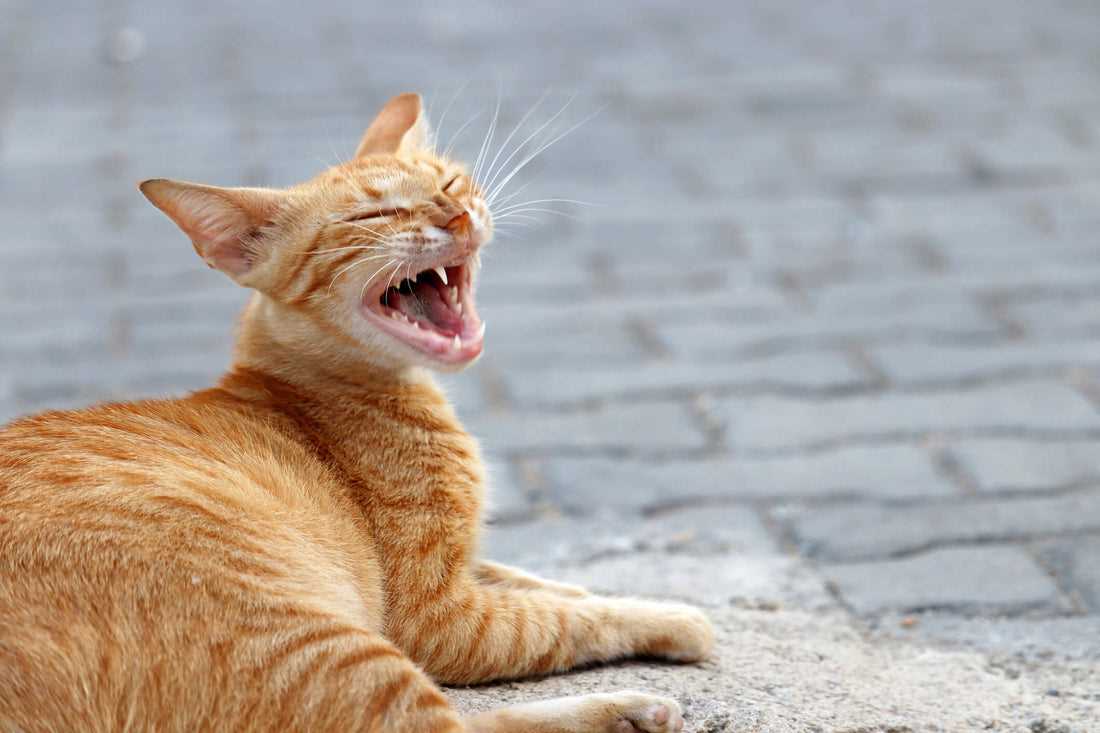
Herbs like chamomile and peppermint can have soothing effects. Brew a mild tea, let it cool, and offer a few drops on a treat or food. Always check with a vet before introducing new herbs to ensure they’re safe.
Monitoring your furry companion’s reaction to these methods is key. If symptoms persist, consider consulting a veterinarian for further options, including dietary supplements like best collagen for cats to support overall health.
FAQ:
Why does my cat sneeze multiple times in a row?
Cats can sneeze for several reasons, and when it happens multiple times in a row, it may indicate an underlying issue. Common causes include allergies, respiratory infections, or irritants in their environment, such as dust or strong scents. If your cat is sneezing frequently, observe for other symptoms like nasal discharge, coughing, or changes in appetite. If these symptoms persist or worsen, it’s advisable to consult a veterinarian for a thorough examination.
Are there specific allergens that can make my cat sneeze more than usual?
Yes, certain allergens can trigger sneezing in cats. Common allergens include pollen, dust mites, mold, and pet dander. Additionally, strong odors from cleaning products, perfumes, or smoke can irritate a cat’s nasal passages. If you suspect allergies, try to identify potential triggers in your home and minimize exposure. Discussing your findings with a veterinarian can also help in managing your cat’s allergies effectively.
Should I be worried if my cat sneezes a lot?
Frequent sneezing can be a concern, especially if accompanied by other symptoms such as nasal discharge, coughing, or lethargy. While occasional sneezing is normal, persistent sneezing may indicate a respiratory infection or allergies that require attention. Observing your cat’s overall health and behavior is important. If you notice any concerning signs, it’s best to seek advice from a veterinarian to ensure your cat receives appropriate care.
What home remedies can help relieve my cat’s sneezing?
While it’s best to consult a veterinarian for persistent sneezing, some home remedies may provide relief for mild cases. Keeping your home dust-free and using air purifiers can help reduce allergens. Additionally, ensuring your cat is well-hydrated can keep their nasal passages moist. Steaming up the bathroom with a warm shower can also help clear congestion. However, avoid using essential oils or strong fragrances, as these can irritate your cat’s respiratory system. Always monitor your cat’s response to any remedy and consult a vet if symptoms persist.
Experiencing a series of sudden exhalations? It’s not always a cause for concern. Allergies, dust, or even a playful chase can trigger such reactions. If you’re noticing this frequently, consider evaluating the environment for irritants.
Check for potential allergens like pollen, mold, or certain household cleaners. A simple change in cleaning products or using an air purifier can make a significant difference. If the symptoms persist, a visit to the vet may be necessary to rule out any underlying health issues.
Sometimes, a little curiosity leads to inhaling unexpected particles, so playtime should be monitored. Keeping toys and bedding clean helps reduce irritants that may cause discomfort. Your furry friend’s well-being is paramount, and small adjustments can enhance their comfort and happiness.
Common Allergens That Trigger Sneezing in Cats

Dust mites are a frequent source of irritation. They thrive in bedding and carpets, leading to discomfort.
Pollen from trees, grasses, and weeds can provoke reactions, especially during peak seasons. Keeping windows closed can help reduce exposure.
Mold spores are another concern. They flourish in damp areas, so maintaining a dry environment is beneficial.
Household cleaning products often contain harsh chemicals. Opting for natural or fragrance-free alternatives can minimize adverse effects.
Certain foods might cause sensitivities. Monitoring dietary changes and consulting a vet can help identify potential triggers.
Fleas are not just a nuisance; they can also induce allergic responses. Regular grooming and flea control measures are essential.
Perfumes and scented candles can be overwhelming. Limiting their use in shared spaces can create a more comfortable atmosphere.
Humidity levels play a role too. Using a dehumidifier may alleviate some allergic reactions linked to environmental factors.
When Sneezing Indicates a Health Concern
If frequent nose blowing occurs, it may signal underlying issues. Conditions such as respiratory infections, nasal polyps, or dental problems can lead to persistent discomfort. Observing other symptoms is crucial; lethargy, loss of appetite, or nasal discharge warrant immediate veterinary attention.
Identifying Serious Symptoms
Pay attention to signs like difficulty breathing, coughing, or unusual sounds while inhaling or exhaling. These may indicate more severe respiratory conditions. If any of these symptoms accompany regular nasal emissions, a trip to the vet is advisable.
Environmental Factors

Consider surroundings as well. Exposure to smoke, strong scents, or pollutants can exacerbate irritation. Keeping the home environment clean and free from allergens is beneficial. If you’re curious about dietary concerns, check out is it safe for cats to eat moths for more information.
Overall, staying observant and proactive about health can prevent minor issues from becoming serious. Regular check-ups with a veterinarian are also recommended to ensure ongoing well-being.
Home Remedies and Treatments for Sneezing Felines

One effective approach is to use a humidifier in the room. Moist air helps soothe irritated nasal passages. Ensure your space remains comfortably humid, as dry air can exacerbate discomfort.
Saline Nasal Drops
Saline nasal drops can provide relief by thinning mucus. Administer a couple of drops in each nostril, allowing your friend to breathe easier. Make sure to choose products specifically designed for pets.
Herbal Remedies

Herbs like chamomile and peppermint can have soothing effects. Brew a mild tea, let it cool, and offer a few drops on a treat or food. Always check with a vet before introducing new herbs to ensure they’re safe.
Monitoring your furry companion’s reaction to these methods is key. If symptoms persist, consider consulting a veterinarian for further options, including dietary supplements like best collagen for cats to support overall health.
FAQ:
Why does my cat sneeze multiple times in a row?
Cats can sneeze for several reasons, and when it happens multiple times in a row, it may indicate an underlying issue. Common causes include allergies, respiratory infections, or irritants in their environment, such as dust or strong scents. If your cat is sneezing frequently, observe for other symptoms like nasal discharge, coughing, or changes in appetite. If these symptoms persist or worsen, it’s advisable to consult a veterinarian for a thorough examination.
Are there specific allergens that can make my cat sneeze more than usual?
Yes, certain allergens can trigger sneezing in cats. Common allergens include pollen, dust mites, mold, and pet dander. Additionally, strong odors from cleaning products, perfumes, or smoke can irritate a cat’s nasal passages. If you suspect allergies, try to identify potential triggers in your home and minimize exposure. Discussing your findings with a veterinarian can also help in managing your cat’s allergies effectively.
Should I be worried if my cat sneezes a lot?
Frequent sneezing can be a concern, especially if accompanied by other symptoms such as nasal discharge, coughing, or lethargy. While occasional sneezing is normal, persistent sneezing may indicate a respiratory infection or allergies that require attention. Observing your cat’s overall health and behavior is important. If you notice any concerning signs, it’s best to seek advice from a veterinarian to ensure your cat receives appropriate care.
What home remedies can help relieve my cat’s sneezing?
While it’s best to consult a veterinarian for persistent sneezing, some home remedies may provide relief for mild cases. Keeping your home dust-free and using air purifiers can help reduce allergens. Additionally, ensuring your cat is well-hydrated can keep their nasal passages moist. Steaming up the bathroom with a warm shower can also help clear congestion. However, avoid using essential oils or strong fragrances, as these can irritate your cat’s respiratory system. Always monitor your cat’s response to any remedy and consult a vet if symptoms persist.
Experiencing a series of sudden exhalations? It’s not always a cause for concern. Allergies, dust, or even a playful chase can trigger such reactions. If you’re noticing this frequently, consider evaluating the environment for irritants.
Check for potential allergens like pollen, mold, or certain household cleaners. A simple change in cleaning products or using an air purifier can make a significant difference. If the symptoms persist, a visit to the vet may be necessary to rule out any underlying health issues.
Sometimes, a little curiosity leads to inhaling unexpected particles, so playtime should be monitored. Keeping toys and bedding clean helps reduce irritants that may cause discomfort. Your furry friend’s well-being is paramount, and small adjustments can enhance their comfort and happiness.
Common Allergens That Trigger Sneezing in Cats

Dust mites are a frequent source of irritation. They thrive in bedding and carpets, leading to discomfort.
Pollen from trees, grasses, and weeds can provoke reactions, especially during peak seasons. Keeping windows closed can help reduce exposure.
Mold spores are another concern. They flourish in damp areas, so maintaining a dry environment is beneficial.
Household cleaning products often contain harsh chemicals. Opting for natural or fragrance-free alternatives can minimize adverse effects.
Certain foods might cause sensitivities. Monitoring dietary changes and consulting a vet can help identify potential triggers.
Fleas are not just a nuisance; they can also induce allergic responses. Regular grooming and flea control measures are essential.
Perfumes and scented candles can be overwhelming. Limiting their use in shared spaces can create a more comfortable atmosphere.
Humidity levels play a role too. Using a dehumidifier may alleviate some allergic reactions linked to environmental factors.
When Sneezing Indicates a Health Concern
If frequent nose blowing occurs, it may signal underlying issues. Conditions such as respiratory infections, nasal polyps, or dental problems can lead to persistent discomfort. Observing other symptoms is crucial; lethargy, loss of appetite, or nasal discharge warrant immediate veterinary attention.
Identifying Serious Symptoms
Pay attention to signs like difficulty breathing, coughing, or unusual sounds while inhaling or exhaling. These may indicate more severe respiratory conditions. If any of these symptoms accompany regular nasal emissions, a trip to the vet is advisable.
Environmental Factors

Consider surroundings as well. Exposure to smoke, strong scents, or pollutants can exacerbate irritation. Keeping the home environment clean and free from allergens is beneficial. If you’re curious about dietary concerns, check out is it safe for cats to eat moths for more information.
Overall, staying observant and proactive about health can prevent minor issues from becoming serious. Regular check-ups with a veterinarian are also recommended to ensure ongoing well-being.
Home Remedies and Treatments for Sneezing Felines

One effective approach is to use a humidifier in the room. Moist air helps soothe irritated nasal passages. Ensure your space remains comfortably humid, as dry air can exacerbate discomfort.
Saline Nasal Drops
Saline nasal drops can provide relief by thinning mucus. Administer a couple of drops in each nostril, allowing your friend to breathe easier. Make sure to choose products specifically designed for pets.
Herbal Remedies

Herbs like chamomile and peppermint can have soothing effects. Brew a mild tea, let it cool, and offer a few drops on a treat or food. Always check with a vet before introducing new herbs to ensure they’re safe.
Monitoring your furry companion’s reaction to these methods is key. If symptoms persist, consider consulting a veterinarian for further options, including dietary supplements like best collagen for cats to support overall health.
FAQ:
Why does my cat sneeze multiple times in a row?
Cats can sneeze for several reasons, and when it happens multiple times in a row, it may indicate an underlying issue. Common causes include allergies, respiratory infections, or irritants in their environment, such as dust or strong scents. If your cat is sneezing frequently, observe for other symptoms like nasal discharge, coughing, or changes in appetite. If these symptoms persist or worsen, it’s advisable to consult a veterinarian for a thorough examination.
Are there specific allergens that can make my cat sneeze more than usual?
Yes, certain allergens can trigger sneezing in cats. Common allergens include pollen, dust mites, mold, and pet dander. Additionally, strong odors from cleaning products, perfumes, or smoke can irritate a cat’s nasal passages. If you suspect allergies, try to identify potential triggers in your home and minimize exposure. Discussing your findings with a veterinarian can also help in managing your cat’s allergies effectively.
Should I be worried if my cat sneezes a lot?
Frequent sneezing can be a concern, especially if accompanied by other symptoms such as nasal discharge, coughing, or lethargy. While occasional sneezing is normal, persistent sneezing may indicate a respiratory infection or allergies that require attention. Observing your cat’s overall health and behavior is important. If you notice any concerning signs, it’s best to seek advice from a veterinarian to ensure your cat receives appropriate care.
What home remedies can help relieve my cat’s sneezing?
While it’s best to consult a veterinarian for persistent sneezing, some home remedies may provide relief for mild cases. Keeping your home dust-free and using air purifiers can help reduce allergens. Additionally, ensuring your cat is well-hydrated can keep their nasal passages moist. Steaming up the bathroom with a warm shower can also help clear congestion. However, avoid using essential oils or strong fragrances, as these can irritate your cat’s respiratory system. Always monitor your cat’s response to any remedy and consult a vet if symptoms persist.

